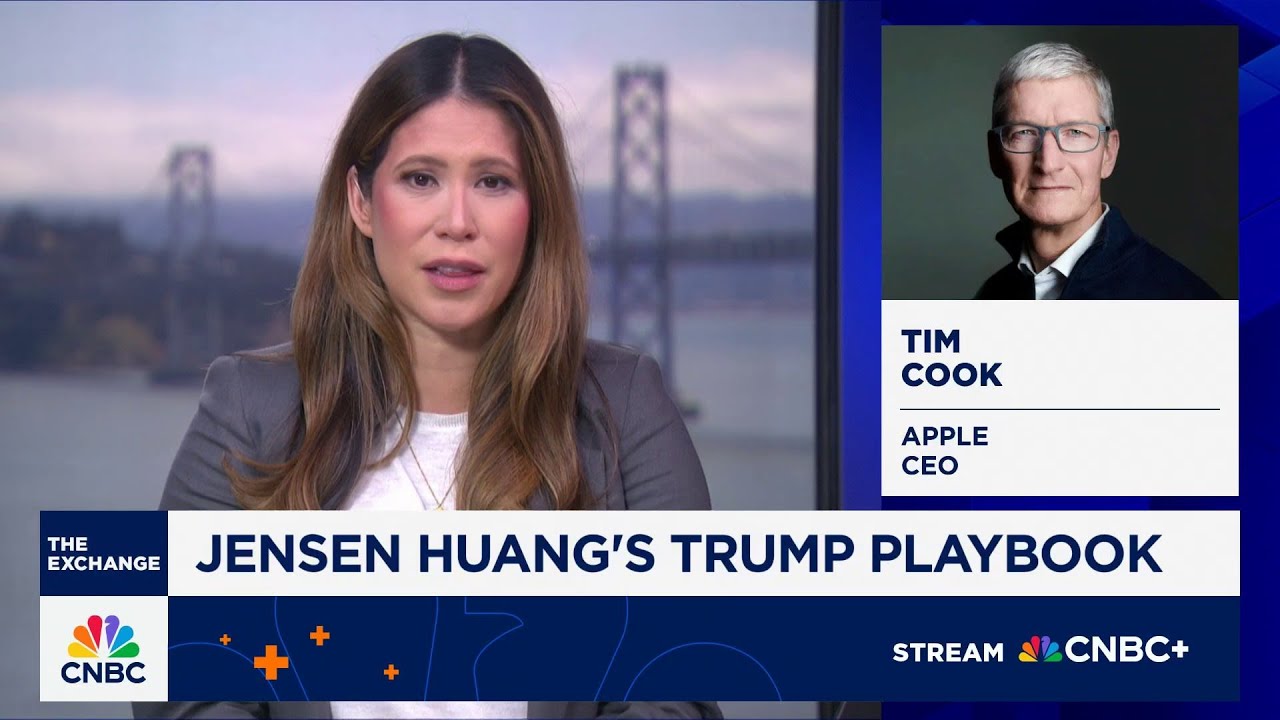Nvidia CEO Jensen Huang has skillfully balanced U.S.-China relations by aligning Nvidia’s AI technology with American national security goals, enabling the company to resume chip sales in China despite geopolitical tensions. His diplomatic and strategic approach, dubbed the “Trump playbook,” contrasts with other tech leaders and has solidified Nvidia’s role as a critical player in maintaining U.S. technological dominance.
Nvidia CEO Jensen Huang has successfully navigated the complex geopolitical landscape between the U.S. and China, securing a significant win for his company in China shortly after meeting with President Trump. Huang’s diplomatic approach has allowed Nvidia to resume sales of its H20 chips in China, which were previously banned. This achievement marks Huang’s third trip to China this year and highlights his ability to balance relations with both Washington and Beijing effectively.
Huang’s strategy, often referred to as his “Trump playbook,” aligns Nvidia’s business interests closely with U.S. national power and security goals. By positioning Nvidia as an essential player in the AI arms race, Huang has helped ensure that American technology remains dominant, particularly in preventing Chinese tech giant Huawei from developing an independent AI ecosystem that could challenge U.S. leadership in the future. This alignment has made Nvidia a key asset in broader trade and technology negotiations between the two countries.
This approach contrasts sharply with other major tech CEOs. For example, Apple’s Tim Cook, who was once considered a “China Whisperer” during Trump’s first term, has struggled to achieve similar strategic wins amid the current trade tensions. Similarly, leaders like Mark Zuckerberg and Sundar Pichai have attempted more overt charm offensives but have not secured comparable breakthroughs. Elon Musk’s relationship with Trump has also shifted dramatically, from confidante to critic, highlighting the varied and often volatile nature of tech leadership in geopolitics.
Jensen Huang’s success stems from his disciplined and diplomatic messaging, emphasizing that Nvidia’s technological dominance supports American interests. This clear stance has resonated within the White House and among U.S. policymakers, who view Nvidia’s chips as critical to maintaining technological superiority. Officials have expressed a desire for China to become “addicted” to American technology, underscoring the strategic importance of Nvidia’s products in the broader context of U.S.-China relations.
Overall, Huang’s ability to play both sides with a consistent and strategic message has set him apart from his peers. His approach not only secures Nvidia’s business interests but also reinforces U.S. leadership in the global tech arena. This delicate balancing act exemplifies a new era of tech diplomacy, where CEOs must navigate complex international dynamics to protect and advance their companies’ positions in an increasingly competitive and politically charged environment.
